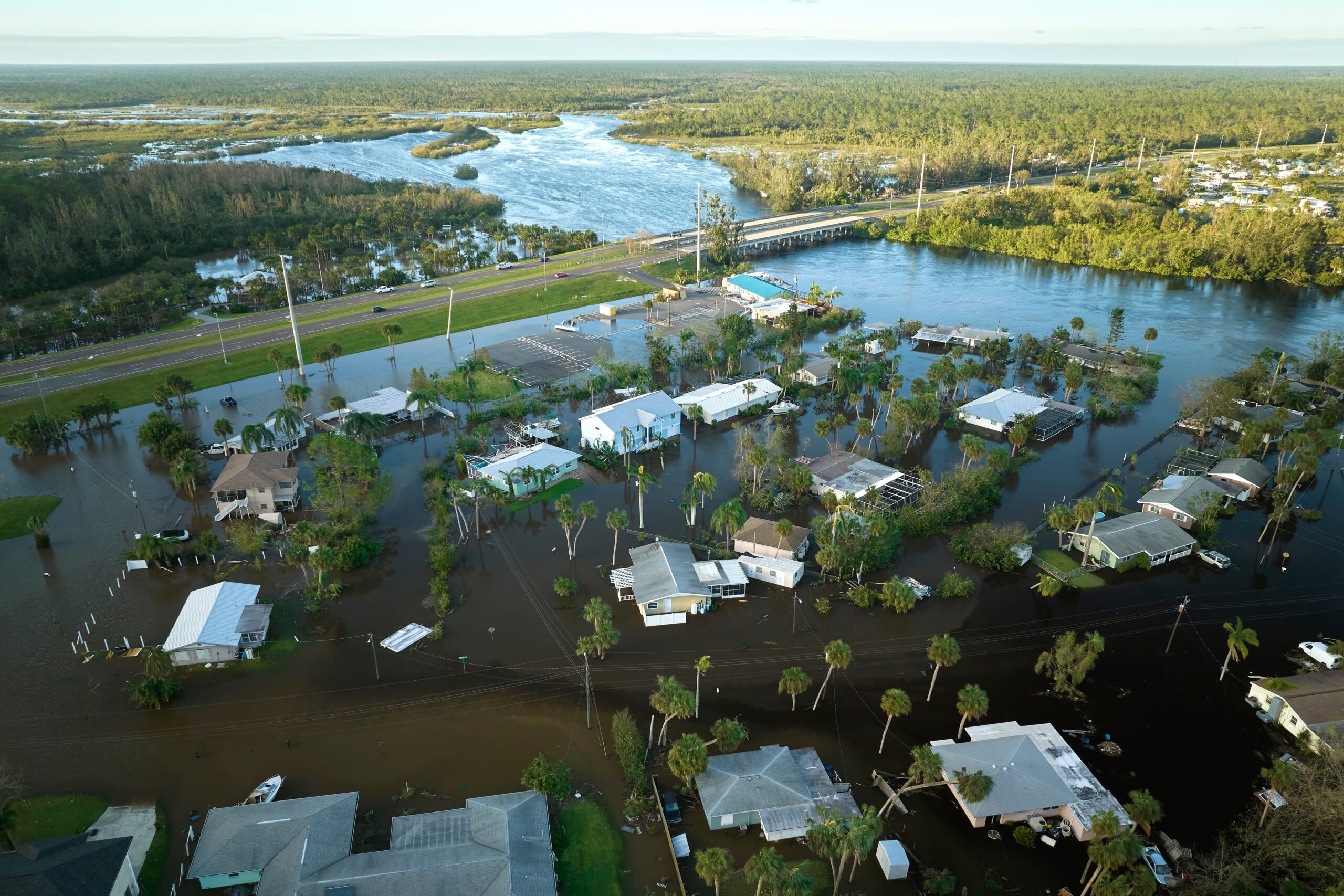The Hidden Risk in United States Pensions: Analyzing Pensions’ Responses to the Climate Crisis in Proxy Voting

The pensions analyzed and graded include the pension systems of New York City and the states of California, Colorado, Connecticut, Delaware, Illinois, Maine, Maryland, Massachusetts, Minnesota, Nevada, New Mexico, Oregon, Rhode Island, Vermont, Washington, and Wisconsin.
The tides are shifting on fiduciary duty as more and more pension funds acknowledge the need to adopt strategies addressing the climate crisis, recognizing the correlation between climate risk and financial risk. Despite this awareness, this report shows that pension funds in the United States are not doing enough to embrace this critical shift. This not only complicates efforts to combat climate change but also jeopardizes the savings of millions of Americans.
“As long-term fiduciaries, pension funds should be among the investors most alarmed about the economic risk associated with the climate crisis. Some have taken public strides forward, such as announcing net-zero pledges, investing in climate solutions, or defending the right to invest responsibly… However, as this report shows, the institutions responsible for stewarding trillions of dollars on behalf of workers are failing to address climate-related financial risk in their proxy voting strategies, a key tool investors have to encourage responsible corporate governance and corporate behavior.”
On proxy voting guidelines, the report found that no pensions received an A grade. CalPERS received a C grade, and half of the pensions analyzed received F grades, including pensions based in Oregon, Washington, and Colorado.
On proxy voting records, states performed slightly better, with four state pension systems based in Massachusetts, Oregon, and California, and all of New York City’s five pension systems receiving A grades, based on how often they supported climate-related resolutions and opposed directors failing to mitigate climate risk. Pension systems based in Illinois (SURS), Rhode Island, Minnesota, and Wisconsin received B grades. Five pensions received F grades, including pension systems based in Colorado, New Mexico, Illinois (ISBI), Maine, and Nevada.
On data transparency, thirteen pensions received A+ grades, while four state pensions received F or D grades, as their proxy voting guidelines and/or voting records were either not publicly available, were only available via a Freedom of Information Act (FOIA) request, or were not provided even after a FOIA request was made.
Across the board, it’s clear that insufficient measures are being taken by US public pension funds to confront financial risks associated with climate change and safeguard retirement savings, raising substantial concerns regarding the fulfillment of fiduciary duty. All the pensions emphasized in this report have room for improvement in shielding beneficiaries from the escalating financial risks linked to climate and environmental factors.
“Pensions are both universal owners and long-term owners. Given this, pension funds are some of the institutions most exposed to systemic financial risks, such as those posed by the climate crisis and biodiversity loss, and must therefore adapt their investment and stewardship strategies to meet their fiduciary obligations in light of these emerging risks.”
The authors of the report conclude with recommendations that pensions analyze, update and strengthen proxy voting guidelines, and use those guidelines to direct their voting practices in 2024 and beyond. To advance climate action, US pension funds must adopt dynamic strategies to address and mitigate the impacts of the climate crisis and financial risks associated with ongoing investments in fossil fuels.